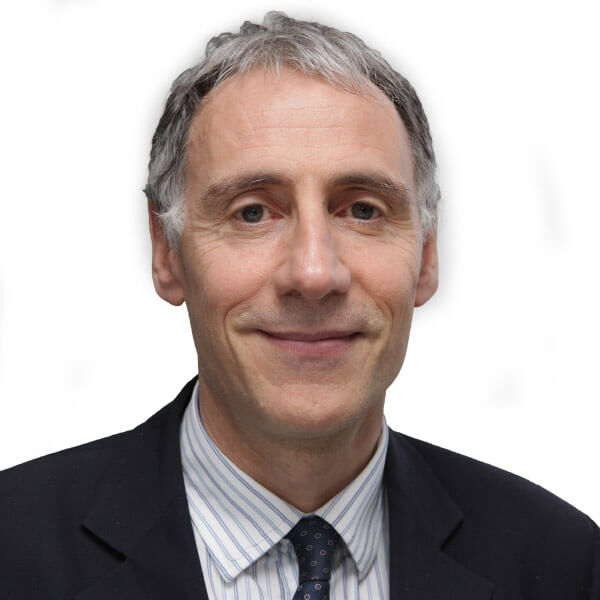COSMOS (COhort Study of MObile phone uSe and health) is an international cohort study investigating possible health effects from long-term use of mobile phones and other wireless technologies. The aim of the study is to carry out long-term health monitoring of a large group of people so that we can identify if there are any possible health issues linked to using mobile phones and other wireless technologies over a long period of time.
Today, COSMOS has close to 105,000 participants in the UK alone. And while we make up the biggest portion of the international cohort, there are more than 300,000 people taking part across Europe.
As COSMOS is a long-term study, we will need to wait a number of years for the research to be completed. However, results of various analyses will be made available throughout the course of the study. If you’re interested in reading more about our findings so far, click here.
Participants’ privacy, and the appropriate use and protection of participants’ data are paramount. Imperial College will ensure the research complies fully with the requirements of the General Data Protection Regulation (GDPR) and the Data Protection Act 2018. All individually identifiable data (such as name and address) is dealt with in the strictest confidence. All participant data will be stored on a secure computer network at Imperial College. The results of this study will be published following independent review, but no individually identifiable data will ever be published. For further information, please read our Participant Information Booklet, Privacy Notice and HRA Transparency Statement.
In order to collect additional mobile phone data that we cannot obtain from network operators, we are also launching a phone usage app called XMobiSense as part of the study.
The XMobiSense App is only for Android smartphones (e.g. Samsung, Moto, LG etc.) and runs in the background to collect important usage information. These data include: use of speaker phone or other hands-free kits, which side of the head voice calls are made on, the volume of uploads/downloads over WiFi or mobile phone network. The XMobiSense App will periodically upload these data to a secure server at Imperial College when your phone is connected to WiFi. The app does not reduce battery life. For an average mobile phone user, the amount of data that is uploaded is minimal - in the order of 0.3Mb per day.
The app does not collect information identifying who you are in contact with such as phone numbers, nor the content of calls or messages, nor addresses of websites visited.
We encourage any study participants who would like to further contribute to the COSMOS study to download and keep this app running on their mobile phone for at least two weeks. Please note, however, that this is an entirely optional part of the study.
To download the XMobiSense App, please choose the UK version from our international COSMOS webpage.

He studied for his PhD in Epidemiology on the INTERSALT Study under the mentorship of Professor Geoffrey Rose. He remained at the London School working as a lecturer, then senior lecturer and reader in epidemiology before becoming Head of the Environmental Epidemiology Unit at LSHTM 1990. In 1995 he was appointed to the Chair in Epidemiology and Public Health Medicine at Imperial College London. He heads what is now the Department of Epidemiology and Biostatistics in the School of Public Health. The Department has expanded significantly during recent years to encompass a wide-ranging programme of health research and extensive collaborations with honorary and visiting staff. Paul Elliott is also Director of the MRC-PHE Centre for Environment and Health which sits within the Department and includes the Small Area Health Statistics Unit (SAHSU). He is also an honorary consultant in public health medicine in the Directorate of Primary Care and Public Health of the Imperial College Healthcare NHS Trust and the academic lead for the Biobanking research theme for the Imperial NIHR Biomedical Research Centre. He was recently appointed as the Academic Health Sciences Centre's (AHSC) Director of Information Governance.

She was awarded her undergraduate degree from University College London, a Master's degree in environmental epidemiology from the London School of Hygiene and Tropical Medicine, and her PhD from Imperial College London. She is currently a Fellow of the Higher Education Academy and a co-author of the Oxford Handbook series ‘Epidemiology for Clinicians’. Much of her work to date has focused on early life environmental exposures, including leading the environment theme of the new UK-wide Life Study and collaborative projects with various birth cohorts across Europe, assessing exposure at individual level through questionnaire data, biomarkers, and global metabonomic profiling. She also has over 10 years expertise in spatial epidemiology and the use of routinely collected data and geographical information systems (GIS) for small area health studies at the SAHSU. Her work in this field has included studies of birth outcomes and water disinfection by-products, waste incineration, and air and noise pollution, as well as investigations of cancer trends and clustering, in particular for primary liver tumours. Her special interest is in the field of non-ionizing radiation epidemiology, having worked on several major projects including national studies of adult cancers near overhead power lines and childhood cancers in proximity to mobile phone base stations.